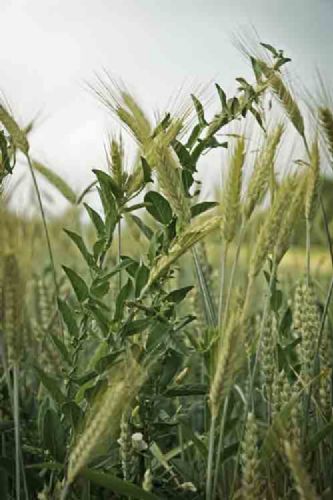
Renew a loyal spirit within me. -Psalm 51:10
What a beautiful picture; a sinner at the foot of the cross, bent under a burden of sin, receiving redemption and freedom. For those of you who don't know, the picture above is from one of the most touching scenes of a cartoon remake of John Bunyan's The Pilgrim's Progress. Here is Pilgrim, come to the cross. He's struggled on and on with this weight of sin on his shoulders. But at the cross, his burden falls off his back and into the grave which he deserved to be his own.
A week or so ago God spoke to me about purity. As some of you know I have struggled a very long time in the area of purity. This particular day I was feeling quite discouraged, having just fallen down under my own burden of sin, and I was talking to myself, beating myself up over this incident. But then God told me something quite clearly and it was this: "I don't want you to be pure for Me; I want to be Pure for you."
And it hit me. Why am I striving toward a goal of purity? Why am I trying to be pure for myself--for others? Only God is Good and only God is Pure. He is the source of all purity. Just as Paul wrote to the Colossians:
27 ... And this is the secret: Christ lives in you. This gives you assurance of sharing his glory. -Colossians 1:27b
Christ lives in you. You can't do it for yourself. I can't do it for my self. I can never be pure enough. Christ lives in me. 'I want to be Pure for you.' For years I have believed that I had to deal with my struggle, that it was my responsibility to make myself good. But look back at Psalm 51:10; David doesn't say, 'God help me make my heart clean, help me be loyal to you.' No! David says, (paraphrased) 'Father, it's impossible for me; remake my heart, no don't just remake it, create it all new. Put a loyal spirit in me to follow your will. You do it, I can't' The sad reality is that my prayer has been self-empowerment--'help me to do...'--rather than divine enabling--'I can't do this, Father, do it for me'
I lived by 2 Corinthians 12:7-10 for a long time, but I missed the point completely. I stayed focused on God not taking away Paul's thorn when I should have been focused on the reason why: God's grace and glorified strength.
God's Purity is glorified in my impurity.
So what part of your life is to God's glory?






